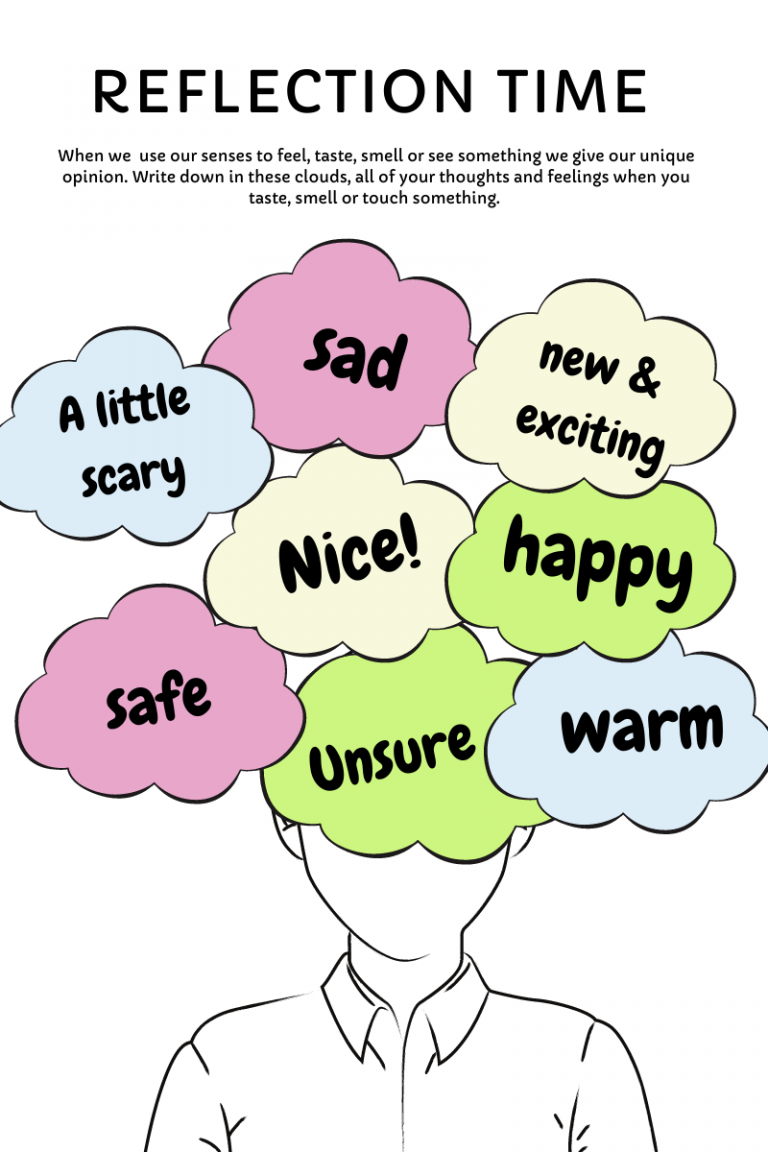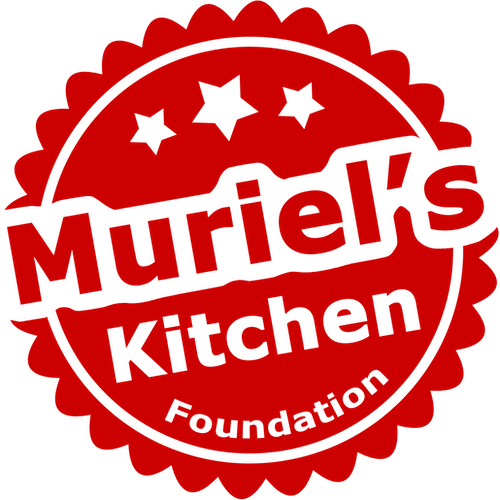Self-Reflection Activity for Kids
Self-reflection is a great beneficial tool for both kids and adults. Reflecting on one’s actions and behaviours is a great way to grow as an individual. It can assist in determining and identifying triggers in coping with big emotions. Self-reflection is essential for goal-setting, as it helps you put a finger to the parts of the change you set out to change (behaviour, habits, etc).
Very beneficial activity when a child is easily ‘triggered’ and seems to melt down at any sign of loud noise or excitement.
Mirror, Mirror, on the wall… is a self-reflection activity as part of
Dream Catcher – Growth Mindset Training for Kids. This type of exercise can be used as a tool to help kids to address emotions, reactions and responses. Assisting kids in dealing with emotions, by improving self-reflection, can help them self regulate these, at times irrational, responses.
In this particular self-reflection exercise, the child is asked to draw or write the emotions, reactions and/or response to some of the items of the previous exercise in the Growth Mindset workbook Dream Catcher. This is mainly a sensory exercise, the child is able to express freely through words and/or colour drawings. The kids can use this self-reflection tool to improve mindfulness by noticing (and journalling) how they feel, how they react, or how they behave. Easier said than done, as even most adults struggle with ‘being in the moment’, but eventually we can all identify what worked and what didn’t 😉
Although these exercises are self-explanatory, assisted guidance is always available through coaching sessions or join the closed Facebook group for advise on lifting, growing and generating a growth mindset with kids.

When a child is easily ‘triggered’ and seems to melt down at any sign of loud noise or excitement;
When you need help or a starting point to teach kids self-regulation strategies…
When you are struggling to motivate or redirect a child without causing a meltdown…
When you’re struggling to help kids explore their emotions, develop self-regulation and coping skills, manage and reflect on their emotions, identify their emotions, and more as they grow…
Try this exercise or some of these other self-reflection exercises:
– To explore along with the child. When a child is playing or exploring their environment, it can be helpful to play right along with them. Use play experiences to communicate through play.
– Use play experiences to mirror actions. When a child is playing, play right along with them! Mimic their actions and words to be more aware as a caregiver of the details of a child’s interactions and to bring awareness for the child. Use this tactic only when the child is in a positive mood. Mirrored actions should not be completed when a child is behaving poorly or to bring attention to behaviours.
– Reflect on the day as a family. Plan a family meeting or discuss it at the diner table to talk about the good, the bad, and the ugly of the day. It’s a good way to talk about ways to work on areas of need.
– Use a journal to self-reflect through words or drawings.
Have a lovely day! -x-
